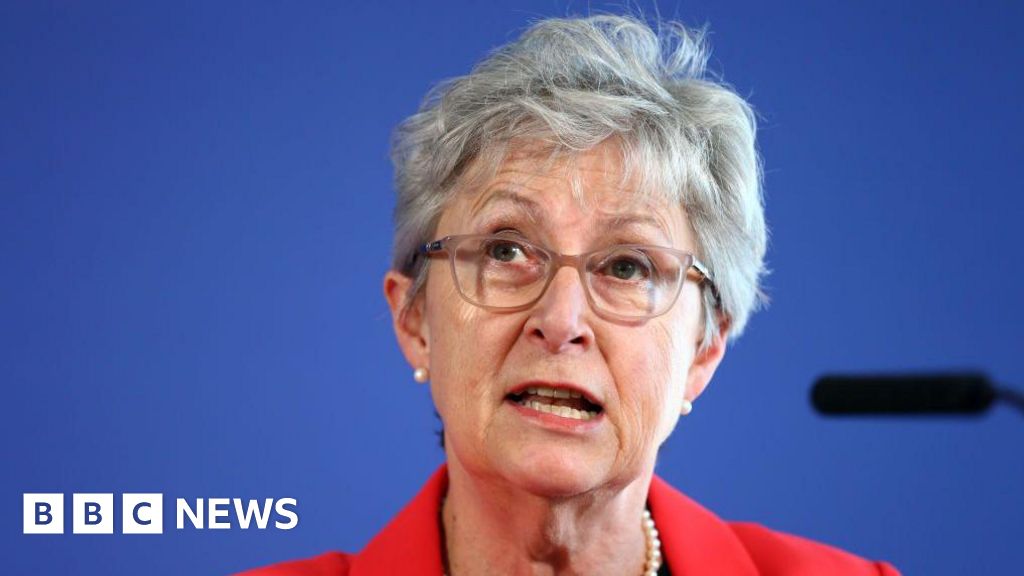According to civil service rules, ‘exception’ appointments can be made in certain circumstances, for example if it is a temporary appointment, if the job requires “highly specialist skills”, or to fill gaps in periods of short-term urgent need.
The commission must approve exception appointments at the most senior grade, but below this level departments have a free hand to recruit.
The commission’s report found that in 2023/24, 6,977 exception appointments were made out of a total of 98,328 appointments.
That represented a 25% fall on the previous year when 9,362 appointments were made by exception.
Between July and August 2024, departments approved 550 appointments by exception.
The report said this was “considerably lower than might have been expected based on data from previous years”.
Cabinet Office minister Pat McFadden said the report was “worth reading”.
However, Henry Newman, a former adviser to Conservative ministers who now writes about Whitehall, said the review was “always going to be something of a whitewash”.
In a post on social media,, external he said it was “irrelevant” that appointment numbers were down and repeated his concerns that people linked to party donations had been given government jobs.
The commission’s report said there was “no bar on individuals who have previously worked for political parties or made political donations becoming civil servants”.
It added that departments were responsible for addressing “any potential propriety matters”.
Newman argued there still needed to be “clarity” about whether the civil service knew of certain donations before appointing Sargeant, Middleton and Corfield.
When questioned in September, Chancellor Rachel Reeves said a donation from Corfield had been declared “over a year ago”, adding: “We answered all the questions in the right way that the civil service asked when we made that appointment.”
(Except for the headline, this story has not been edited by PostX News and is published from a syndicated feed.)

